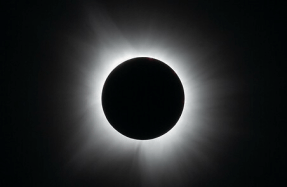Facts on the House Gun Bills

After the 2018 mass shooting at a high school in Parkland, Florida, the House passed two gun control measures: one extending background checks to private sales and the other extending the time limit to conduct background checks on gun purchasers.

Both measures stalled in the Republican-controlled Senate, where then-Majority Leader Mitch McConnell never brought them up for a vote.
Now, with Democrats controlling both chambers of Congress and the presidency, the measures have again passed the House. This time, Senate Majority Leader Chuck Schumer vows that the Senate will vote on the bills.
As the bills made their way through the House, politicians have made many of the same misleading arguments we heard in 2019. Here, we’ll explain what each of the two bills would do, and some of the spin coming from both sides.
H.R. 8: The Bipartisan Background Checks Act
Ever since the Brady Handgun Violence Prevention Act was passed in 1993, the federal government has required all guns purchased from a licensed dealer to include a background check. Five years later, the U.S. launched the National Instant Criminal Background Check System, or NICS, an electronic system that verifies buyers do not have a criminal record or mental health issue that makes them ineligible to purchase or own firearms.
According to the FBI, NICS has been used to perform more than 300 million background checks. And those checks have resulted in more than 3 million denials, according to the Department of Justice.
But not all gun sales or transfers are subject to background checks. In some states, background checks are not required for private sales, including some sales on the internet or at gun shows.
According to a 2015 published in the , roughly 22% of gun owners reported that they had purchased a firearm in the previous two years without a background check.
You’re reading a preview, subscribe to read more.
Start your free 30 days



